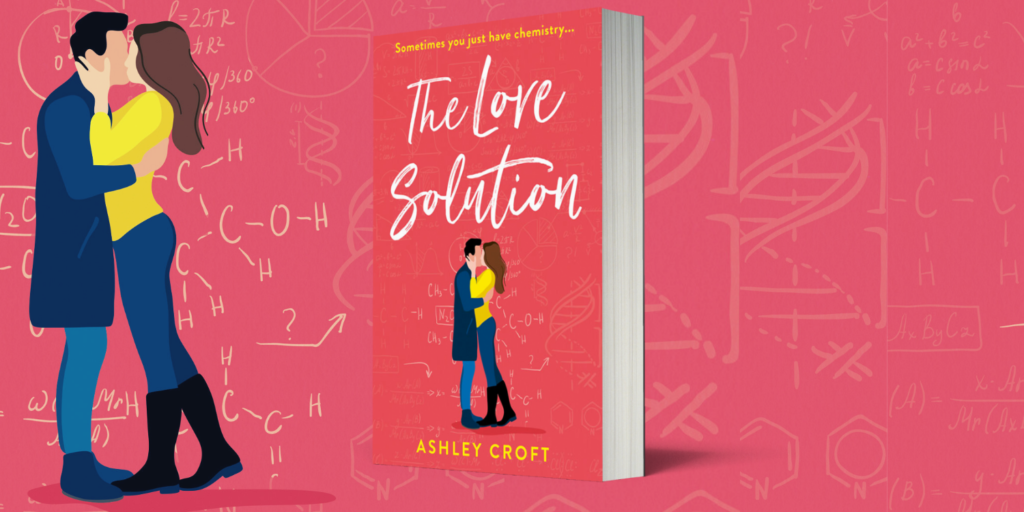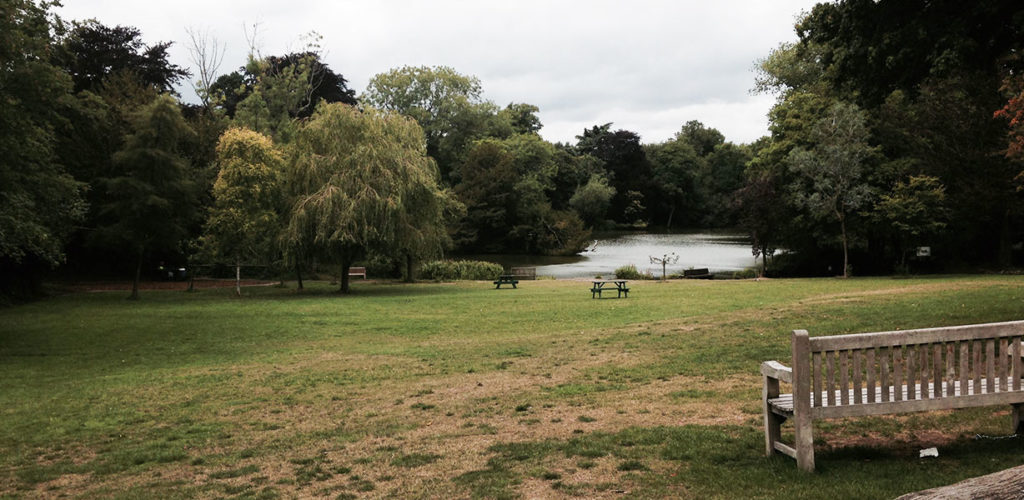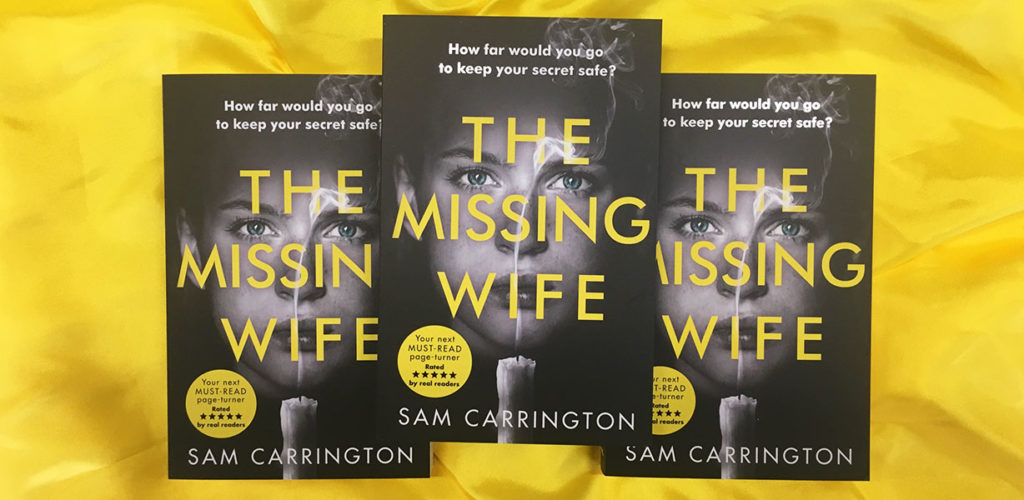I began writing seriously some ten years ago but my development as a writer really began when I secured a place on the Curtis Brown Creative writing course in September 2013.
It almost didn’t happen.
Earlier that year I’d submitted my first novel, an historical spy story, to Curtis Brown and other agents, all of whom rejected it. I wasn’t looking for a writing course, but CB had my address and I was sent the CBCreative Newsletter with details of the course. By this time, I’d switched to writing contemporary crime fiction, a genre I’ve always enjoyed. Just before the deadline, I submitted my application, 150 words on why I wanted to take the course, a 4,000-character CV, plus a synopsis and the first 3,000 words of my novel-in-progress.
A week later, it was deadline day for a response from CBCreative. By 11.30am, nothing had arrived. I was preparing myself for another rejection, when the telephone rang. It was the Course Director, Anna Davis, wondering why I’d not responded to their offer of a place on course. I explained I’d be delighted to accept a place, but I hadn’t received the offer. Subsequently, we discovered I’d mistyped my email address on the application form. This was an early lesson: make sure your contact details are correct! Fortunately, Course Tutor, Nikita Lalwani, and Anna had seen promise in my writing and I’ll always be grateful for that telephone call. Both during and after the course, I have profited immensely from the teaching and guidance Anna and Nikita provided.
The course was designed with two broad aims: [1] to develop novel writing skills, including the writing of synopses, cover letters to agents and pitches; [2] to introduce students to the world of publishing via sessions with literary agents from Curtis Brown and Conville & Walsh speaking with major authors and top publishing professionals. In addition to the teaching sessions, for each student there were two workshops, centred on a 3,000-word extract from their novel-in-progress, which involved Nikita and fellow students, plus two one-to-one tutorials, one with Nikita and one with Anna. Continuous opportunities for writing and receiving rapid feedback from staff and other students was an immensely valuable component of the course. Finally, the end-of-course drinks evening was a great chance to get to know the CB and C&W agents informally and to pitch our novels in a social setting.
Four agents asked to see my finished manuscript and, although there were no offers of representation, they gave me extremely valuable feedback.
There were three outcomes from the course which I particularly appreciated. Four agents asked to see my finished manuscript and, although there were no offers of representation, they gave me extremely valuable feedback. Anna Davis, the Course Director, continued to offer support beyond the end of the course, including advice on suitable agents to approach which led me to Jo Bell, of Bell Lomax Moreton, who secure my two-book deal with Avon Senior Commissioning Editor, Phoebe Morgan – working with each of them has been educational and fun! Fellow students on the course became friends and those of us who live in and around London meet regularly to discuss each other’s writing.
Of the many things I learnt on the course, two have had a direct impact on my writing: [1] never throw anything you have written away; [2] have self-belief, determination and persistence. During the course, I split my work-in-progress to form the basis for my first two novels; some chapters, written in support of my application, appear almost unchanged in The Taken Girls and its follow-up. On the course, one of our exercises was to seek stimulation from an article in a newspaper and to write a scene set in the context of our novel. My 500-word piece, revised and expanded, appears in The Taken Girls.
At the centre of my crime stories is a police investigation, and in that sense they are dark-hearted police procedurals, but I also explore the worlds of victims and perpetrators; their personalities, motivation and the impact of the crime on their lives. How did they become a victim? What drove them to commit the crime? My time on the CBCreative writing course allowed me to explore these themes and to hone the skills required to present them in a novel.
By GD Sanders



